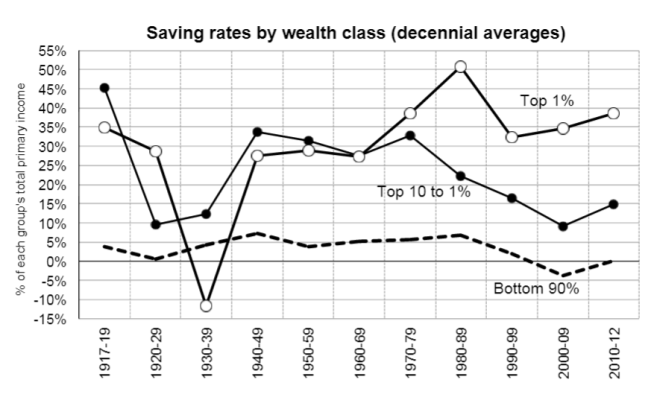Mulligan
Give me a museum and I'll fill it. (Picasso) Give me a forum ...
- Joined
- May 3, 2009
- Messages
- 9,343
What opportunities? Mom got married in '39. She was sent home when she went back to work. Actually she knew it as, "a married women had a husband to take care of them". What?
Dad's mother was widowed in '29. Wasn't much for her to do either. She managed to open a small local store, they were poor not hungry, still pretty scary times. But what else could a respectable single/widowed woman do?
The good ole days??
Hope the future continues to be better in many ways.
That is what happened to my step mothers mom. Her job as a 7 year old was learning how to cut off the home grown chickens head off and plucking it so they could have something to eat for dinner.
Sent from my iPad using Tapatalk





